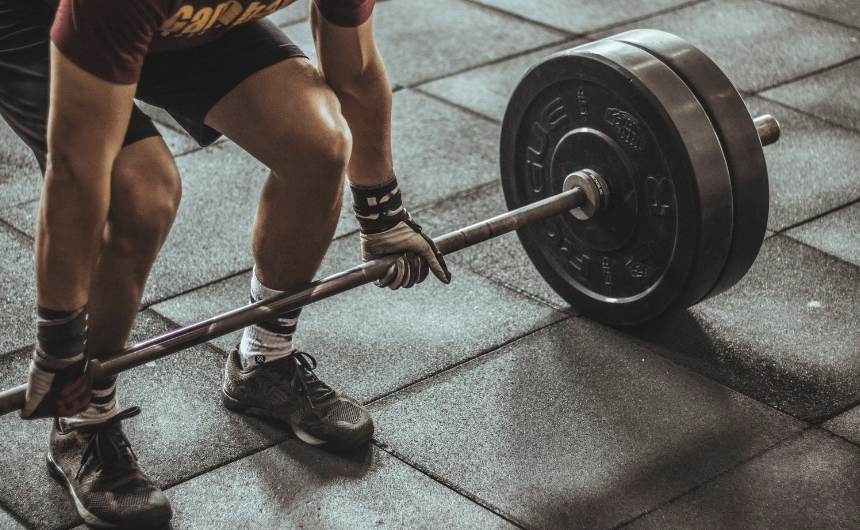When it comes to building muscle, many people focus solely on the intensity and frequency of their workouts, while neglecting the importance of rest and recovery. However, rest and recovery are just as crucial for muscle growth as exercise itself. In this blog, we will discuss the importance of rest and recovery for muscle growth and provide tips on how to incorporate them into your fitness routine.
The Science Behind Muscle Growth
Muscle growth occurs when the muscle fibers are subjected to stress and tension during exercise, which causes small tears in the muscle fibers. These tears are then repaired by the body through a process called muscle protein synthesis, where new muscle tissue is created.
However, muscle protein synthesis does not occur during exercise – it occurs during rest and recovery. This means that if you are not giving your muscles enough time to recover and repair, you may not see the gains you are hoping for.
The Importance of Rest and Recovery
Rest and recovery are essential for muscle growth for several reasons:
Repair and Growth: As we mentioned, muscle protein synthesis occurs during rest and recovery, allowing the muscles to repair and grow after being subjected to stress during exercise.
Injury Prevention: Rest and recovery also help to prevent injury. When you exercise, you are putting stress on your muscles, joints, and bones. Taking time to rest and recover allows these areas to heal and reduce the risk of injury.

Mental Health: Rest and recovery can also benefit your mental health. Exercise can be a stressor on the body, and taking time to rest and recover can help to reduce stress and improve overall well-being.
Tips for Incorporating Rest and Recovery into Your Fitness Routine
Plan Rest Days: Make sure to schedule rest days into your fitness routine. This will allow your muscles to recover and repair, reducing the risk of injury and promoting muscle growth.
Listen to Your Body: It’s important to listen to your body and adjust your fitness routine accordingly. If you are feeling fatigued or sore, it may be a sign that your muscles need more rest and recovery time.
Get Enough Sleep: Sleep is essential for rest and recovery. Aim for at least 7-8 hours of sleep per night to allow your muscles to repair and grow.
Hydrate: Proper hydration is crucial for muscle recovery. Make sure to drink enough water throughout the day to keep your muscles hydrated and reduce the risk of injury.

Incorporate Active Recovery: Active recovery can help to promote blood flow and reduce muscle soreness. This can include activities such as yoga, walking, or light stretching.
Vary Your Workouts: Varying your workouts can help to prevent overuse injuries and promote overall muscle growth. Make sure to include a mix of strength training and cardio exercises in your routine.
Fuel Your Body: Proper nutrition is crucial for muscle growth and recovery. Make sure to fuel your body with healthy, nutrient-dense foods that will support muscle growth and repair.
Conclusion
Rest and recovery are just as important as exercise when it comes to building muscle. Without adequate rest and recovery time, your muscles may not have the chance to repair and grow, leading to injury and stalled progress. By incorporating rest and recovery into your fitness routine, you can promote muscle growth, prevent injury, and improve overall well-being. Remember to listen to your body, hydrate, and fuel your body with nutritious foods to support muscle growth and recovery.



